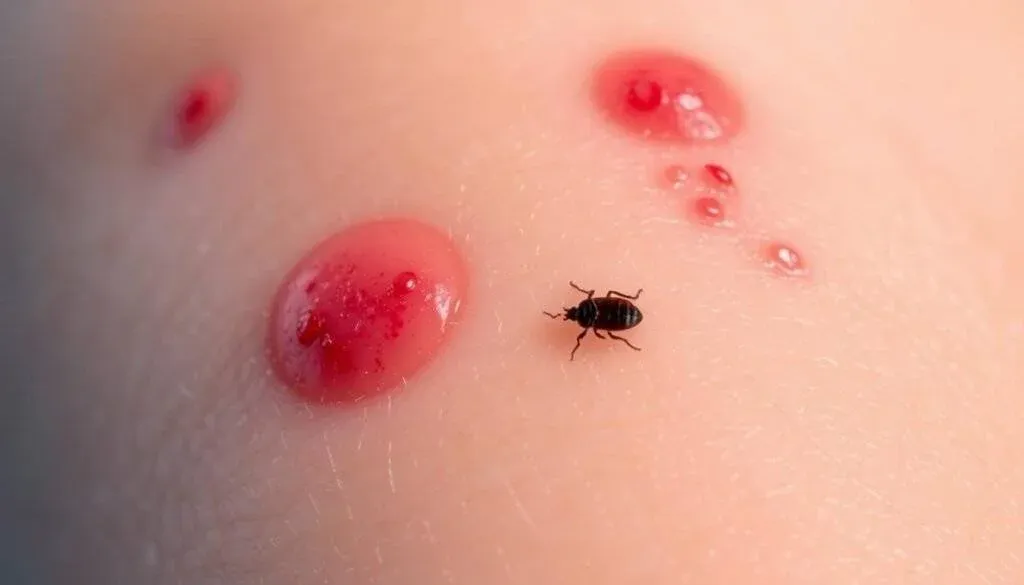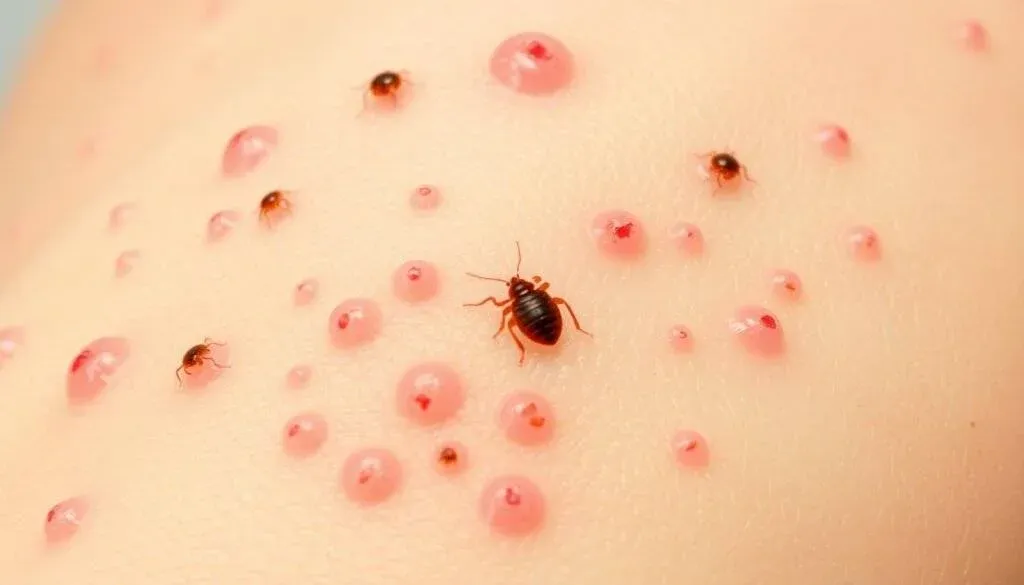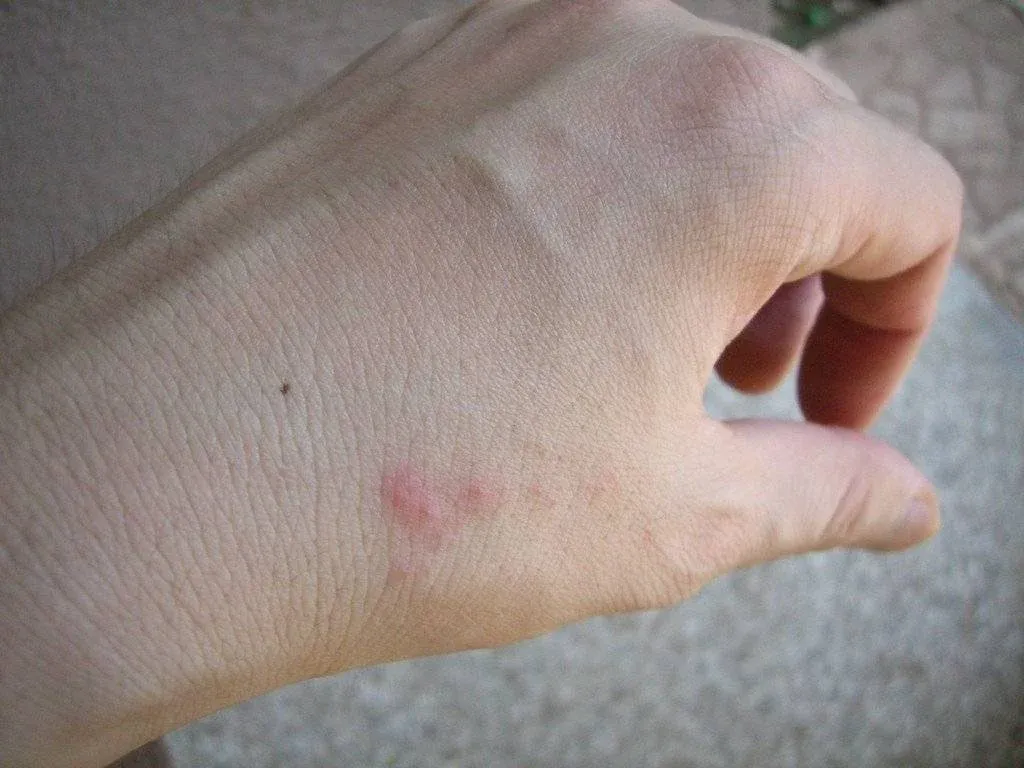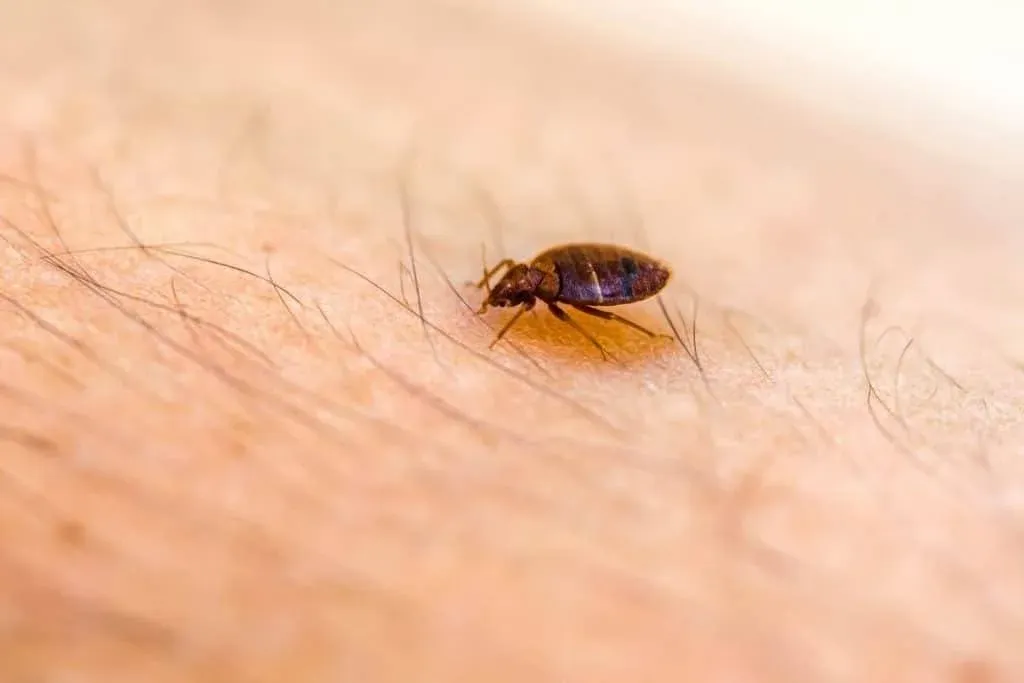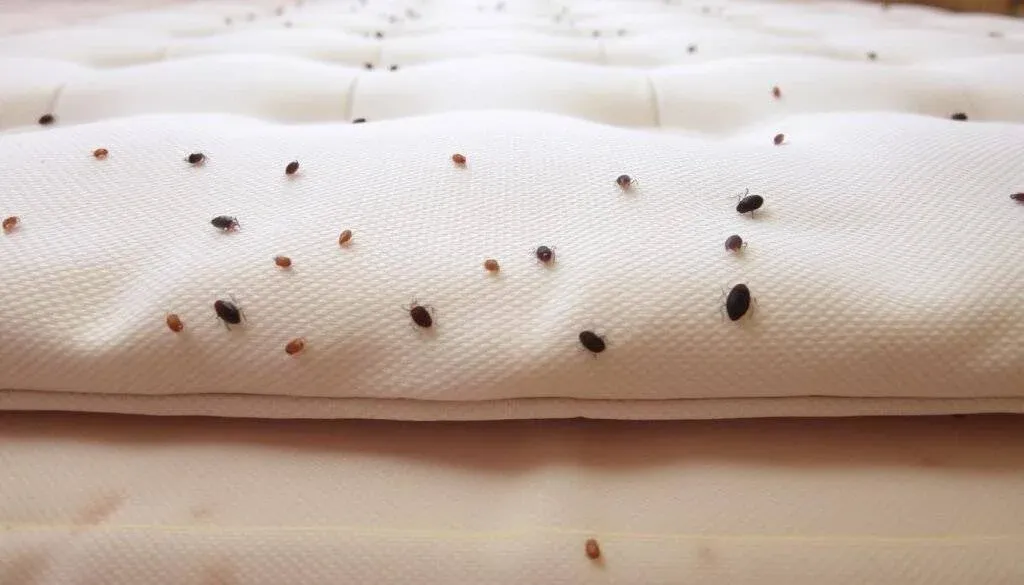Bed bugs have become a growing concern in many cities, especially in densely populated areas where infestations spread quickly. Among the most frustrating issues people face is the discomfort that follows a bite. A common question asked by victims is: Why do bed bug bites itch so much? This question not only reflects the distress of those dealing with infestations but also highlights the need for public awareness, health safety, and effective treatment solutions.
The Rising Concern of Bed Bug Infestations
In recent years, pest control companies across the globe have reported a steady increase in bed bug-related complaints. The rise in international travel, combined with crowded living conditions in urban areas, has contributed to the spread of these insects. Hotels, hostels, and even public transport have become potential breeding grounds. With this increase, health professionals are receiving more inquiries about the effects of bites and why the itching is particularly severe compared to other insect bites.
Why Do Bed Bug Bites Itch So Much?
The itching that follows a bite is not random. Scientists explain that when bed bugs pierce the skin, they inject saliva containing anticoagulants and anesthetics. These substances prevent clotting and numb the area, allowing the insect to feed unnoticed. However, once the anesthetic effect fades, the body reacts to the foreign proteins in the saliva. This immune response triggers inflammation, redness, and the signature itching. The immune system essentially treats the bite as an invasion, and histamines are released, causing irritation that can last for days.
How Itching Affects Daily Life
For many people, the real problem is not just the question of why do bed bug bites itch so much, but also how it disrupts daily life. Victims often report sleepless nights due to constant scratching, leading to fatigue and reduced productivity at work or school. In severe cases, excessive scratching can break the skin, leading to secondary infections. This makes the issue not just an inconvenience, but a public health matter.
Identifying Bed Bug Bites
While mosquito and flea bites may look similar, there are a few telltale signs that help people recognize bed bug bites. They often appear in clusters or lines, usually on exposed skin areas such as the arms, legs, and neck. The bites may not be felt immediately, but hours later, the itching begins. This delayed reaction adds to the confusion and frustration, reinforcing the importance of understanding why do bed bug bites itch so much.
Expert Opinions and Research
Medical experts have been studying the biochemical reactions caused by bed bug saliva. According to dermatologists, individuals with sensitive skin or allergies tend to experience stronger reactions. Some people may barely notice the bite, while others develop severe rashes or swelling. This variation in response makes public education even more important. Health authorities emphasize that knowing the reason behind the itching helps people manage the symptoms more effectively.
Remedies to Soothe the Itching
Once the cause is understood, the next concern is finding relief. Dermatologists suggest several remedies to calm the irritation:
Topical Creams: Hydrocortisone and calamine lotions reduce inflammation.
Cold Compress: Applying ice packs helps numb the area and reduce swelling.
Oral Antihistamines: These counter the histamine reaction, reducing both redness and itchiness.
Natural Remedies: Aloe vera, tea tree oil, and oatmeal baths are commonly used for soothing relief.
These remedies not only provide comfort but also help prevent scratching, which could otherwise lead to infection.
Preventing Future Infestations
The most effective way to avoid asking why do bed bug bites itch so much in the future is to prevent infestations in the first place. Pest control experts recommend regularly inspecting mattresses, bed frames, and luggage after travel. Washing bedding in hot water and vacuuming frequently also reduces the risk. For severe cases, professional extermination services remain the most reliable solution.
Psychological Impact of Bed Bug Bites
Beyond physical discomfort, there is also a psychological side to this issue. Victims often experience stress, anxiety, and embarrassment. The stigma associated with bed bugs can make people hesitant to report infestations or seek help. Public health officials emphasize that bed bugs are not a sign of poor hygiene, but rather a pest problem that can affect anyone. Addressing this stigma is crucial in encouraging more people to come forward and manage infestations early.
Why Awareness Matters
Understanding why do bed bug bites itch so much helps not only the individuals directly affected but also the broader community. Public education campaigns play a key role in reducing misinformation, encouraging timely treatment, and promoting preventive measures. News reports, health articles, and pest control alerts are increasingly focusing on this issue, signaling its importance in today’s world.
Conclusion
So, why do bed bug bites itch so much? The answer lies in the body’s immune response to the saliva injected during feeding. While the itching is a natural reaction, it can significantly affect sleep, health, and overall well-being. Fortunately, with the right remedies and preventive actions, the discomfort can be managed effectively. Public awareness, timely medical attention, and pest control efforts remain essential in addressing this growing problem.


